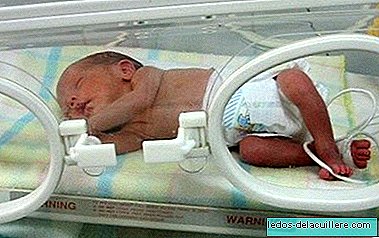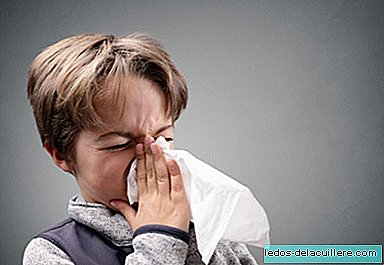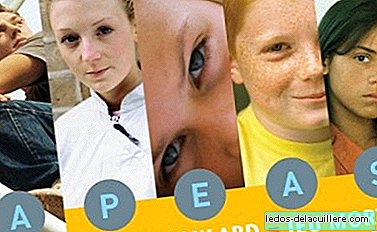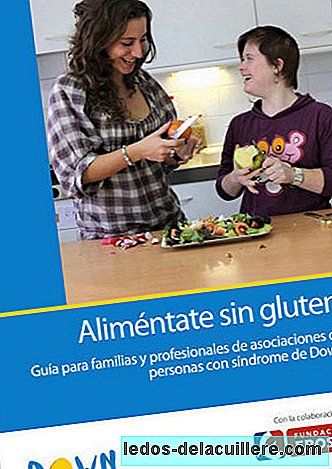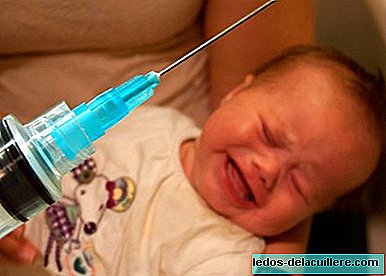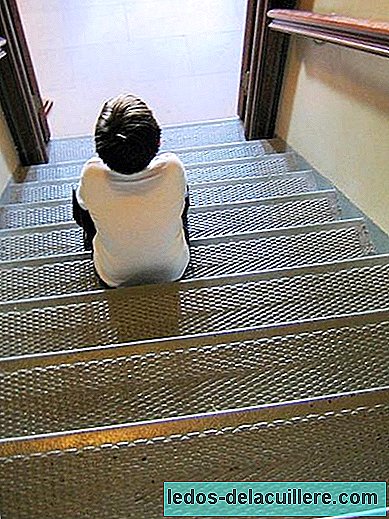
Last spring the Andalusian pediatricians met in a professional conference, and - among other issues - addressed the worrying increased prescription of antipsychotics to children, as a "remedy" for behavioral disorders. In the linked post I mentioned the well-known American neurologist Baughman, who has no qualms about stating that 'Where only common sense was needed, the discipline and responsibility of the teacher, psychiatry and large pharmaceutical companies have been involved'.
Some time ago, in a post about a disorder that just made its appearance in DSM 5 (the DMDD), I cited an Argentine psychiatrist and psychoanalyst (José Sahovaler) with a specialization in pediatric population: in his opinion 'when children are labeled by have a tantrum, you lose the question about what's really happening to them'(and the door opens to the dispensing of drugs that can have negative side effects).
Just yesterday we read news about Danish Medicine and Clinical Pharmacology professor Peter Gøtzsche. It is not the first time that an expert alerts against the indiscriminate and abusive use of medications in general; but this time it has caught my attention to let us know again the large number of American schoolchildren who are diagnosed with ADHD (11 percent).
Gøtzsche says that the drugs that are prescribed to them act like amphetamine or cocaine, and only improve class behavior, but not their school performance, they can also cause brain injuries. Let me now remember that news that our companions of Babies and More launched in their day, making reference to the revelation by the "inventor" of ADHD (Leon Eisenberg) that it is a fictitious disease.
For the truth, to be fictitious continues to be very fashionable, as well as the treatments that are prescribed to the "affected", and I dare not say whether it exists or not, but what has been evidenced by studies, is that we are facing an overdiagnosis situation
It is known that sometimes the medication is intended to "reduce discomfort" for adults, discomfort arising from the behavior of children who may be uncomfortable. That said it can be hard, so corrections are allowed.
Of course, if something good has brought us the LOMCE is established by law of educational care (educational is not equal to pharmacological) to children who have some kind of special need such as high intellectual abilities, ADHD, specific learning difficulties, etc. There is no doubt that after the cuts in education, implementing these measures will be complex, but to begin the declaration of intent is already important, knowing the route that many families have had to make to get a simple opinion.
All this tangle of punctual appointments in which many will not see connection, serves to remind me that current children demand attention from their families that may not have, which have also been separated from the natural environment (which among other things serves to prevent overstimulation), and that are sometimes observed with magnifying glass (it is not going to be that we see a little imperfection in them) and then go on to pay attention to expert recommendations that may not benefit them.
Do you think like Laura Perales that we are forgetting to allow our children to live? What is the key in addressing all these disorders? Are we not placing the latter as treatable diseases instead of what they may actually be (educational, social, family problems ...)?




